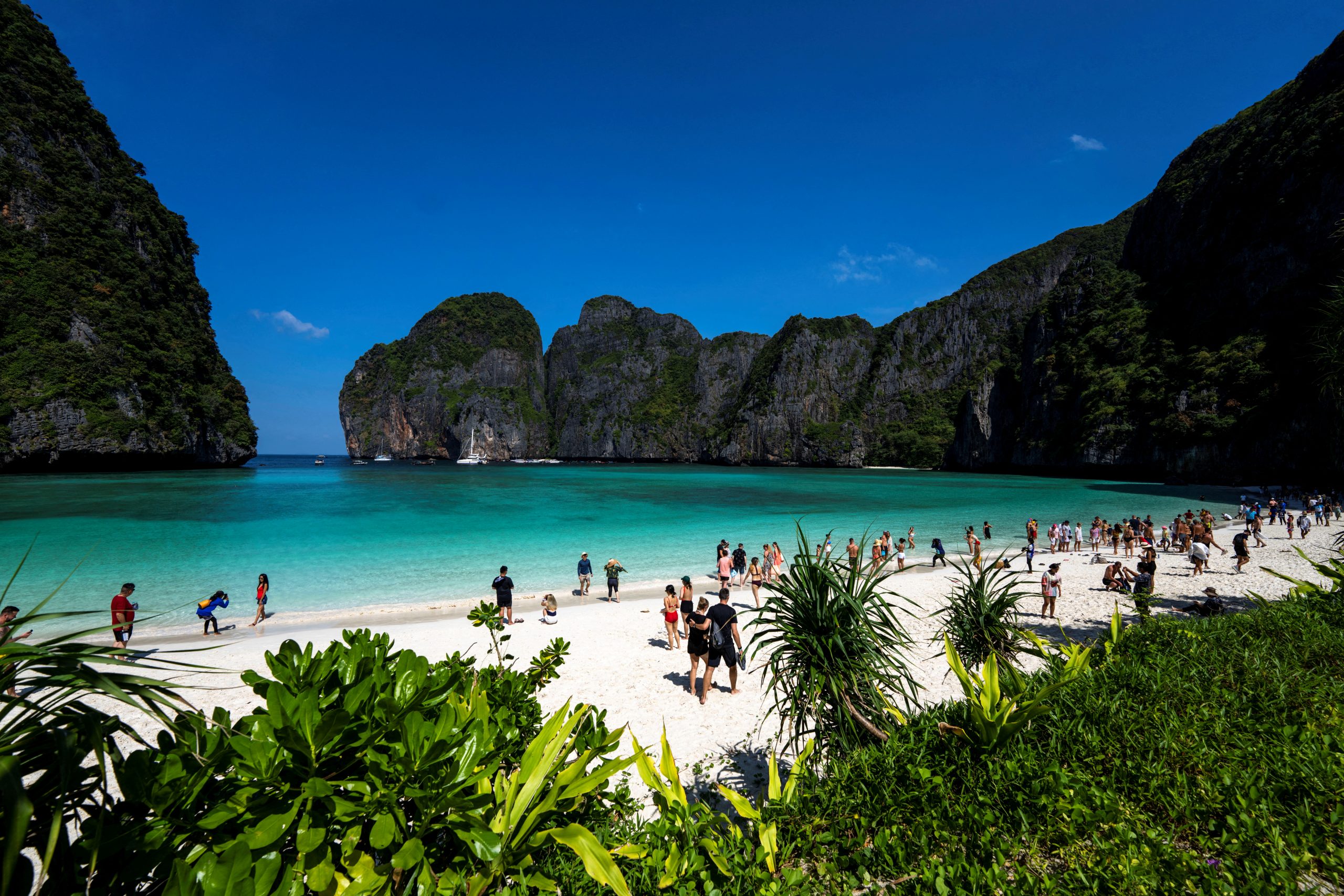
After years of will they or won’t they, Thailand has finally decided to scrap the contentious proposal to impose a THB 300 ($8.20) tourism fee on international tourists arriving by air. Prime Minister Srettha Thavisin said this week that his administration would abandon the previous government’s plan. The hope is to encourage higher tourist spending, enhancing economic growth and visitor experience. The decision was announced by Prime Minister Srettha Thavisin during a visit to Chiang Mai, aims to encourage higher tourist spending in other areas of the economy.
The tourism fee, initially approved by Thailand’s former government in February 2023, was intended to manage and develop tourism infrastructure. However, it faced considerable opposition from the private sector. The current administration believes that eliminating the fee will incentivize tourists to spend more money on local goods, services, and attractions, providing a more substantial boost to the economy.
“The fee was abandoned with the rationale that its elimination could encourage higher tourist spending in other areas, thereby providing a more substantial boost to the economy,” stated a government spokesperson.
Initiatives to Boost Tourism
Thailand is actively implementing various strategies to enhance its tourism appeal and attract a larger number of international visitors. Some of these measures include:
- Extended Visa Stays: The government has approved longer visa stays for tourists and remote workers, making it more convenient for travelers to stay and explore the country.
- Amazing Thailand Campaign: A new marketing campaign, “Amazing Thailand,” has been launched, focusing on luxury and wellness travel. This initiative aims to position Thailand as a premier destination for high-end travelers seeking unique and rejuvenating experiences.
- UNESCO World Heritage Status: Efforts are underway to secure UNESCO World Heritage status for Nan province, which could further enhance its appeal as a cultural and historical destination.
- Domestic Tourism Incentives: To stimulate domestic tourism during the low season (May to November), the government has introduced tax measures, including deductions for companies holding conventions and allowing tax deductions for non-hotel accommodation expenses.
Positive Impact on Tourism
These initiatives appear to be yielding positive results. From January 1 to April 28 this year, Thailand recorded nearly 12 million international arrivals, generating 575 billion baht (US$15.5 billion) in revenue. With these measures in place, the country aims to welcome around 40 million foreign visitors in 2024, marking a significant rebound in tourism following the pandemic.






